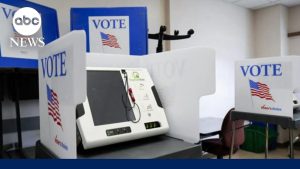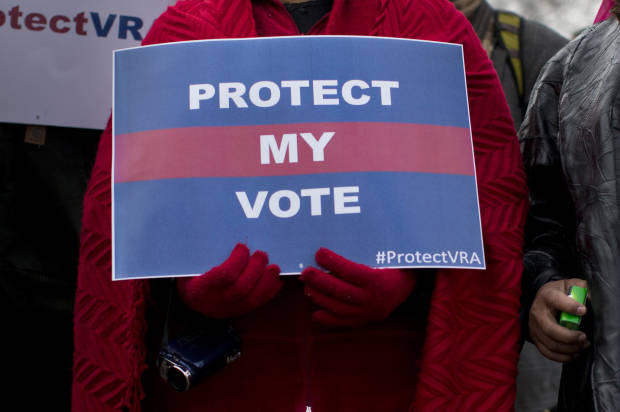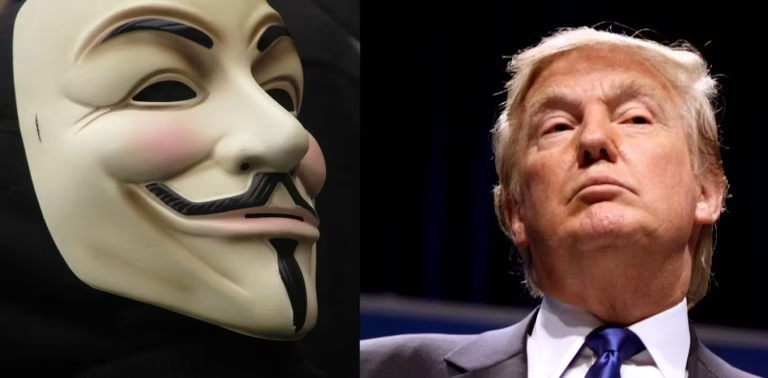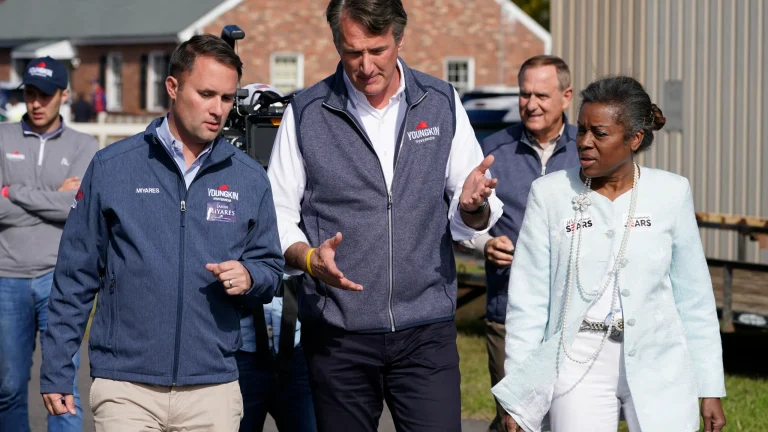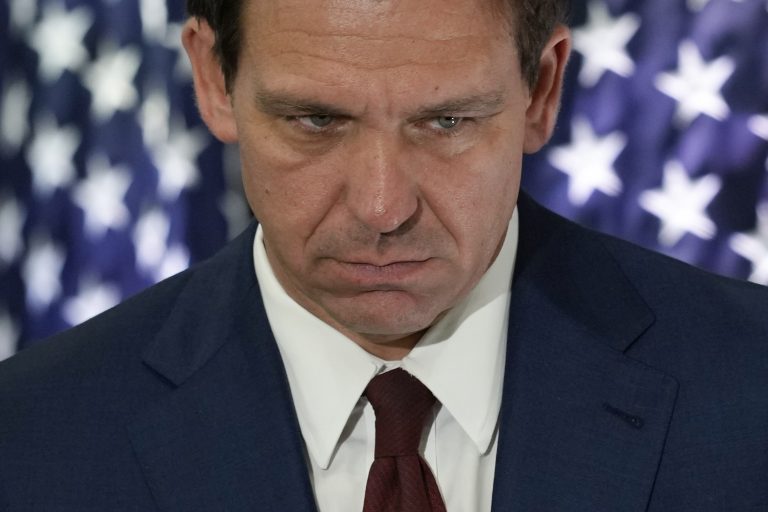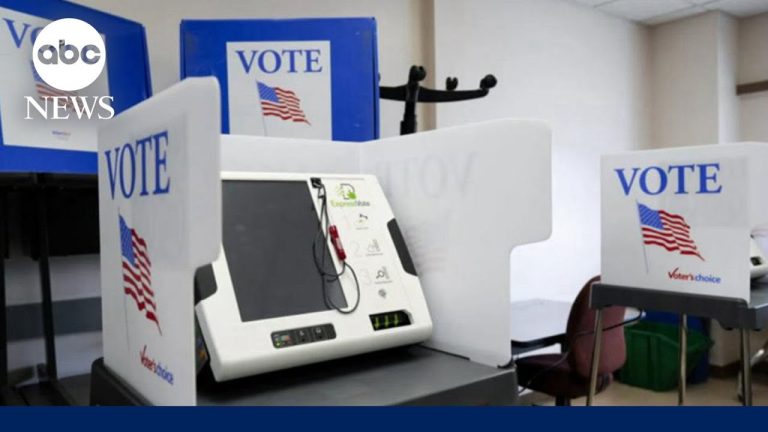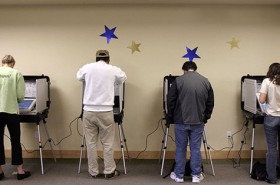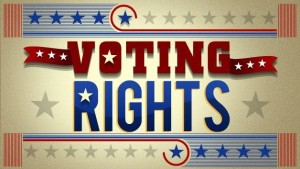Topeka judge has denied a move by Kansas Secretary of State Kris Kobach to quash a lawsuit challenging the state’s two-tier voter registration system and said Kobach has exceeded his authority with the way he runs elections.
Micah Kubic, executive director of the American Civil Liberties Union in Kansas and Missouri, called the ruling a “great day for voting rights and a great day for Kansas.”
The ACLU filed the lawsuit on behalf of voters who have been frozen out of state and local elections because they registered to vote using federal registration forms and didn’t provide proof-of-citizenship documents required by Kansas law.
Kubic said now that Kobach’s motion for summary judgment has failed, the ACLU will file a motion seeking summary judgment in its favor. If the judge rejects that as well, the case will go to trial at a yet-to-be-scheduled date, Kubic said.
“There are still some steps in the process, but we are much closer than we were,” he said.
Kobach told the Associated Press he couldn’t comment in detail because the case is ongoing but that “We’re still, I think, a ways from a final decision.”
The case hinges on whether Kobach, the state’s top election official, is properly applying state and federal laws on proof of citizenship.
The state’s registration form requires written proof — usually a birth certificate or passport — while the federal form accepts a sworn written statement.
The state proof-of-citizenship requirement to register is separate from and stricter than the requirement that voters show photo identification when they cast a ballot at the polls.
The ruling handed down by Judge Franklin Theis criticized Kobach’s method of separating federally-registered voters from state-registered voters.
The federally-registered voters are allowed to vote only for president and members of Congress. They’re excluded from voting in state and local races.
The way Kobach has dealt with that is to have the federal voters fill out an entire ballot, but then election officials keep those ballots separate and only count the votes cast for federal candidates.
That means the federally registered voters have to essentially vote a provisional ballot in every election, potentially compromising the secrecy of their votes, Theis wrote.
The problem is compounded by recent changes to state law making it a crime for people to attempt to cast a ballot in a race when they’re not eligible, Theis wrote.
“None of the ad hoc procedures employed by the Secretary of State authorize or justify such treatment of a Federal Form registrant,” Theis’ ruling said. “Nor, just because Kansas has declined to provide a separate ballot containing federal candidates only, should a voter registered by the Federal Form be subjected to the threat of prosecution based on a ballot procedure not authorized by the legislature in order to exercise his or her most fundamental franchise.”
The plaintiffs are two federally registered voters and the gay-rights group Equality Kansas, which said the proof-of-citizenship requirement hampers its efforts to register people to vote.
The judge ruled the two individual plaintiffs could proceed with the case but dropped Equality Kansas, saying the organization didn’t have adequate legal standing.
Kobach had fought to try to force the federal government to incorporate Kansas’ proof-of-citizenship requirements into the instructions for filling out the federal registration form.
But the 10th Circuit Court of Appeals in Denver ruled against him and the Supreme Court refused to take Kobach’s appeal, meaning the state has to “accept and use” the federal form as required by federal law.
Source: http://www.governing.com/topics/politics/tns-kansas-kris-kobach-judge.html


